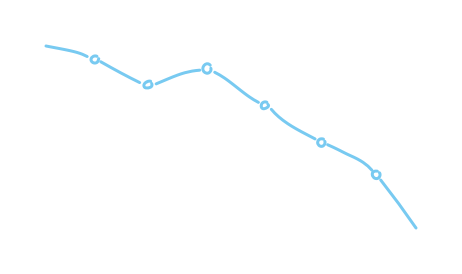The key features and differences
Since KiwiSaver is a form of managed fund, it has all their advantages. But it also has extra benefits and restrictions to help us build up money for a first home and our retirement years.
Managed fund features
- Your money is pooled with other investors' and used by a fund manager to buy assets such as shares, bonds or commercial property.
- In a managed fund your money is diversified across different industries and locations, which makes the investment much less risky.
- You don't have to be an investment expert to begin, since you are essentially hiring a fund manager to do it on your behalf. The admin duties (like taxes) are taken care of for you.
- Hiring a fund manager means, however, that you have no say over the management decisions and can't directly pick and choose your investments.
- Management also comes at a cost. You'll need to pay attention to fees so they don't eat away your returns too much.
- You don't need as much money to get started as you would if you were picking individual investments directly. And you can usually set up regular investments – perhaps monthly – into the fund.
- You get access to investments and markets that would typically take large amounts of money to buy into directly.
- You can choose a fund with an investment mix that's tailored to your needs and is expected to get the results you want.
- There are a wide variety of managed funds to choose from: funds that invest in practically every kind of investment or economy.
- Regular reports and other services give you transparency on where your money is invested and how it's growing.
- You can choose a fund manager with a more active or passive style.
- Each scheme has a supervisor, an independent watchdog who confirms that the fund manager is investing your money the way it has laid out in its disclosure documents.
- Except in the case of KiwiSaver, it's generally easy to access your money and withdraw it.
KiwiSaver's important differences
- Your money is locked up until you reach retirement (or you use it for a first home). There are some exceptions such as for hardship or terminal illness, but it's pretty much closed off until you reach eligibility for NZ Super (currently 65). If you joined after age 65, you must be in for five years before you can withdraw.
- The government contributes to your account 50 cents for every dollar you put in, up to $521 each year.
- If you're an employee, your employer contributes 3% as well.
- As an employee, once you have been putting in money for a year, you can suspend your saving for up to five years, but otherwise you are required to keep contributing.
- Suspending your saving means you miss out on the contributions from the government and your employer. You also miss out on investment returns in the years to come that you would have earned on that money going into your account.

